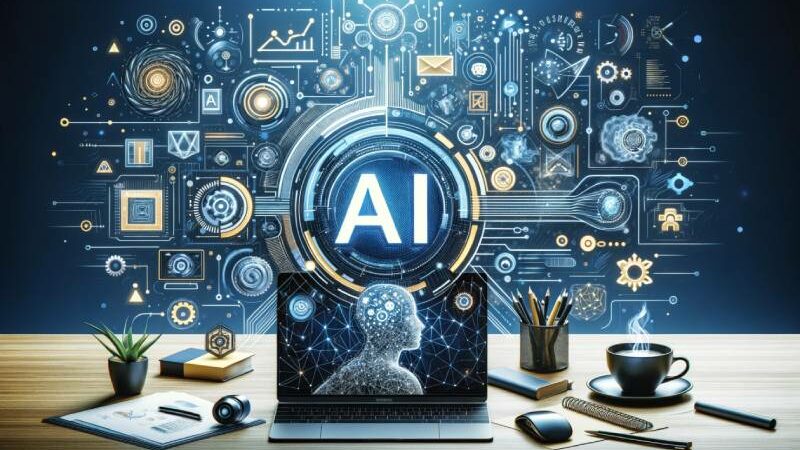Artificial intelligence is revolutionizing the world of marketing. Marketing expert Neil Patel emphasizes that AI simplifies the creation of products and services. However, this simplicity comes at a price: more spending on marketing and sales efforts, as Patel points out.
Studying data provided by David Spitz of cloud services support platform Bench Sites, Patel highlights the staggering growth in marketing spending for cloud services companies over the past eight quarters. These statistics show that companies in this sector spend $2.64 to generate just $1 of revenue, emphasizing that these are sales figures, not profits.
Additionally, Patel revealed insights from a survey of 113 late-stage startups across industries that showed that on average, these companies allocate 27.59% of their funding to marketing activities. He concluded that while AI can streamline marketing operations, it also reduces startups’ costs, increases competition, and leads to increased spending on customer acquisition.
Further insights into the impact of artificial intelligence on marketing costs
As artificial intelligence continues to reshape the marketing landscape, new aspects of its impact on costs are emerging. While Neil Patel highlighted how AI simplifies the creation of products and services, other notable statistics and trends provide a broader view of the evolving marketing scenario.
What are the most important questions regarding the interface between AI and marketing costs?
A key question that emerges is how companies can leverage AI to optimize their marketing strategies without incurring prohibitive costs. Furthermore, to ensure that investments in AI provide attractive returns, potential trade-offs between increased efficiency and increased costs must be considered.
Key challenges and controversies:
Key challenges associated with using AI in marketing include the need for skilled professionals who can handle the complexities of AI algorithms. As AI-powered marketing strategies delve deeper into analyzing and personalizing consumer behavior, controversies over privacy and ethics may arise.
Benefits of AI in reducing marketing costs:
AI promises to streamline marketing operations, automate repetitive tasks, improve targeting accuracy, and increase customer loyalty. By optimizing resource allocation and decision-making processes, AI can lead to cost savings and increased ROI.
Downsides to increasing spending on AI in marketing:
On the other hand, implementing AI technologies often requires significant upfront investments in infrastructure, software, and training. Additionally, the rapid development of AI tools may require constant updates and customization, increasing operational costs over time.
To learn more about the evolving landscape of AI and marketing costs, visit Neil Patel’s website for his latest analysis and strategies. Stay up to date on the latest trends and best practices in AI-driven marketing to effectively navigate the dynamic world of digital advertising.
- Mac Miller’s Long-Awaited Album ‘Balloonerism’ Drops Soon - November 22, 2024
- WhatsApp Announces Upcoming Voice Message Transcription Feature - November 22, 2024
- Google doodle celebrates the Lebanon’s Independence Day - November 22, 2024





